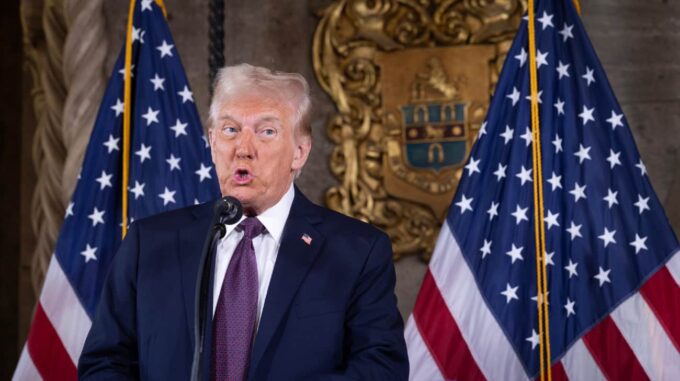Donald Trump Demands Unconditional Surrender from Iran and Threatens the Supreme Leader

In case of increased tensions in the Middle East, U.S. President Donald Trump issued an emotional message to Iran. In a series of posts on the Truth Social platform, he stated that Washington has “full and complete control” over Iranian skies and, in particular, knows the exact location of the country's Supreme Leader, Ayatollah Ali Khamenei. Emphasizing his confidence in U.S. capabilities, Trump firmly called on Iran to “unconditionally surrender” and made an open threat against the Supreme Leader, describing him as an easy target. He noted that Khamenei is currently secure but emphasized that Washington has no intention of removing him by force and that this might only happen in a case of extreme necessity. At the same time, Trump stressed that the United States retains the right to respond in case of threats to civilians or American military personnel. “We will not allow missile strikes against our soldiers or civilians,” he declared categorically, adding that “American patience has run out.” He concluded his statement with an even harsher and more decisive phrase: “UNCONDITIONAL SURRENDER!” (the spelling has been preserved from the original). The specific situation remains uncertain, but analysts note that Trump's rhetoric can be perceived as a signal of possible escalation of U.S. actions in the region. The extreme deterioration in relations with Iran led the U.S. president to depart from the usual diplomatic language and sharply intensify his prior rhetoric. Considering the news segment, it is worth noting that the reason for this radical speech could be the current tense situation in the Middle East—a escalation of the conflict between Iran and Israel, as well as the growing threat from Iran’s nuclear program, casting a shadow over a potential broad conflict in the region. That is why Trump urgently left the G7 summit in Canada, indicating the seriousness of his intentions and his desire to influence the situation in a broader international context. According to sources, preparations are already underway in Washington for possible further steps—from tightening sanctions to potential operations in the region. At the same time, diplomatic circles are dominated by the view that such pressure and the new level of rhetoric are intended to force Tehran to reconsider its position on the nuclear program and somehow restrict its actions on the international stage. However, in all cases, this significantly increases the risks of a new escalation of conflict, which could affect not only the Middle East but also have a broader impact on global security.

